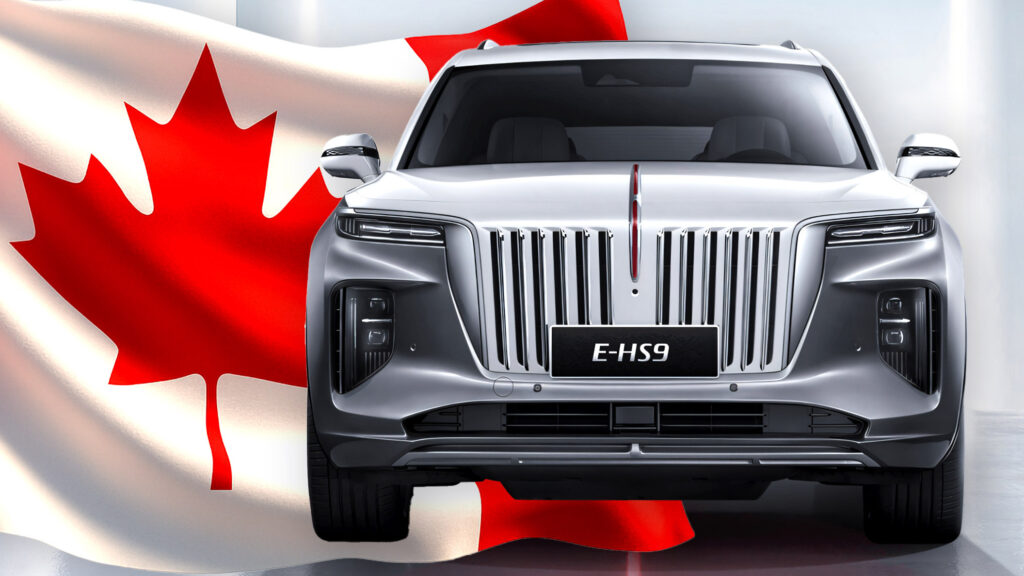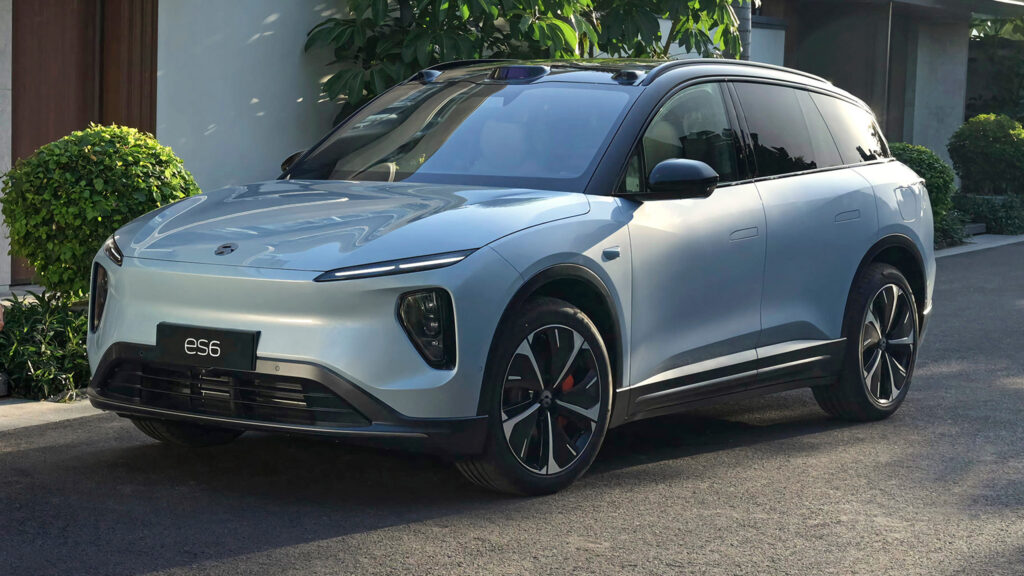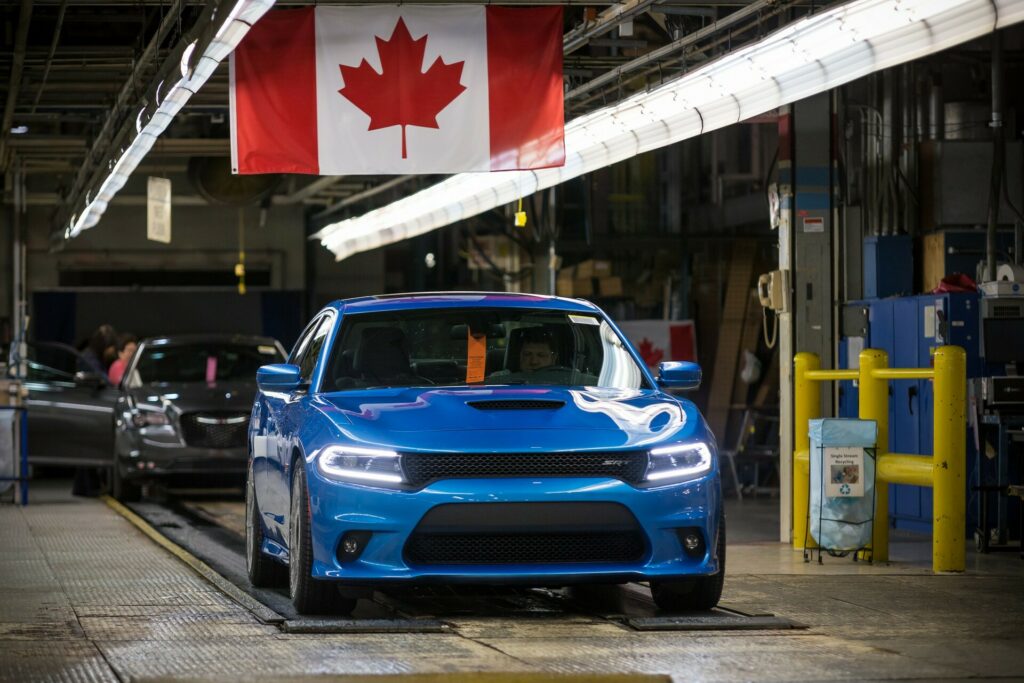Unsurprisingly, not everyone is onboard with letting Chinese-made EVs flood the Canadian market
42 minutes ago

- Canada imposed 100 percent tariffs on Chinese EVs to protect its industry.
- China retaliated with heavy duties on key Canadian agricultural exports.
- Some Canadian premiers want tariffs dropped to protect canola producers.
China isn’t pleased about the 100 percent tariffs that Canada imposed on its imports, including electric vehicles, in October last year. Seeking to persuade Ottawa to reconsider, Beijing has offered to lift its own retaliatory tariffs on Canadian agricultural goods.
Even so, Canada’s automotive parts industry head has cautioned against easing the restrictions, warning that doing so could open the door for low-cost Chinese EVs to flood the market.
Trade Tensions at Full Charge
When the tariffs were first introduced, Canada described them as measures to safeguard national security and defend domestic manufacturing. Officials also argued that China’s electric vehicle industry benefited from unfair state subsidies.
Beijing’s reaction was swift. The People’s Republic struck back with tariffs on Canadian agriculture, imposing a 100 percent rate on canola oil and meat, along with a 75.8 percent duty on canola seed.
Read: Canada Might Let Chinese EVs In And The Reason Has Nothing To Do With Cars
According to Chinese ambassador Wang Di, Beijing is ready to roll back the tariff measures if Canada does the same.
“If Canada removes the unilateral unjustified tariffs on Chinese products, China will also reciprocate accordingly,” he said, “and if the EV tariffs are removed, then China will also remove the tariffs on the relevant products of Canada.”

The Canadian government says it is conducting an informal review of its tariffs on Chinese EVs, CTV News reports. It adds that since the trade dispute started, exports from Saskatchewan dropped 76 percent in August from the year prior.
Both the premiers of Manitoba and Saskatchewan have called for tariffs to be lowered to protect the local canola industries.
A Divided Response
Still, Flavio Volpe, president of Canada’s Automotive Parts Manufacturers’ Association, has pushed back against any move to abandon the tariffs on Chinese EVs.
“I am reminding (the premiers) publicly, that if Canada is in a trade war with a country, then the response has to be a Canadian response,” he told CTV.
“These Chinese EVs are not made for profit, they are subsidized. We’re in the middle of a game, and the only thing that changed… was the Chinese ambassador said, ‘If you do this, we’ll give you that.’ And last time I checked, the Chinese ambassador was sent from Beijing, not from Ottawa.”


